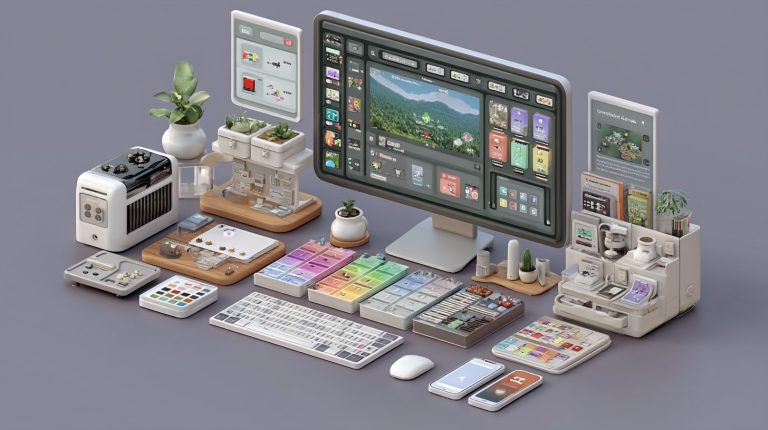
When planning an international business trip, it’s crucial to understand not only local attractions but also cultural etiquette. While resources like https://thethaiger.com/news/business/the-ultimate-guide-10-top-things-to-do-in-qatar-for-first-time-visitors-from-thailand offer travel details, business etiquette rules are particularly vital.
Business travel is vital for professional growth. To make a strong impression – whether with clients, at conferences, or securing deals abroad – proper business travel etiquette is key. Your conduct significantly impacts your company’s reputation and client relationships.
This guide explains why business travel etiquette matters and offers nine useful tips for your next trip.
Why is business travel etiquette so important?
Business travel is about more than just reaching your destination; it’s about how you conduct yourself. Proper etiquette ensures professionalism, builds relationships, and helps you adapt to local customs. Here’s why it matters:
- Good impression: Professional manners create a positive impression on clients and colleagues.
- Clear communication: Understanding local customs prevents miscommunication, strengthening partnerships.
- Represents your organization: Your professional conduct reflects well on your company.
- Increased productivity: Knowing etiquette ensures efficient arrangements and avoids setbacks.
- Respects cultures: Adhering to local customs strengthens international business relationships.
- Promotes comfort & respect: A professional attitude makes the journey pleasant for everyone.
- Avoids conflicts: Awareness of etiquette prevents uncomfortable situations.
- Strengthens relationships: Proper etiquette builds trust and rapport with clients and partners.
- Prepares for leadership: Understanding business travel etiquette prepares you for executive and international roles.
9 Business travel etiquette tips
Mastering travel etiquette is crucial for making a good impression. These tips will help you navigate challenges and ensure smooth interactions on your business trips.
1. Plan ahead
Plan your trip in advance. Use business travel management services for bookings. Keep documents handy, confirm meetings, and check visa and currency requirements. Create digital backups of essential documents.

2. Dress professionally
Dress appropriately. Research local dress codes and err on the side of formality if unsure. A well-groomed appearance boosts confidence and earns respect.
3. Follow air travel etiquette
When flying, respect others’ space, keep your voice down, and follow airline rules. Avoid reclining too far, use headphones, and don’t discuss confidential business publicly.
4. Be punctual
Punctuality shows respect. Always be on time for flights, meetings, and dinners. Plan for delays by leaving early.
5. Respect cultural differences
Cultures vary in customs. Research local practices to avoid misunderstandings (e.g., exchanging business cards with both hands in Japan, avoiding the left hand for handshakes in the Middle East).
6. Be professional always
Your conduct reflects on your company. Treat everyone with respect. Maintain a professional tone and avoid sharing sensitive information publicly.
7. Handle expenses responsibly
Clarify company expense policies. Save all receipts, follow reimbursement procedures, and avoid extravagant spending unless pre-approved. Submit detailed expense reports.
8. Use business travel management services
Corporate travel agencies simplify trips by handling bookings, managing expenses, and organizing logistics. They ensure compliance and provide support.
9. Know air travel differences (commercial vs. private)
Etiquette on a private jet differs from commercial flights. Respect your host’s privacy, follow crew instructions, and maintain professionalism, even in a relaxed setting.




